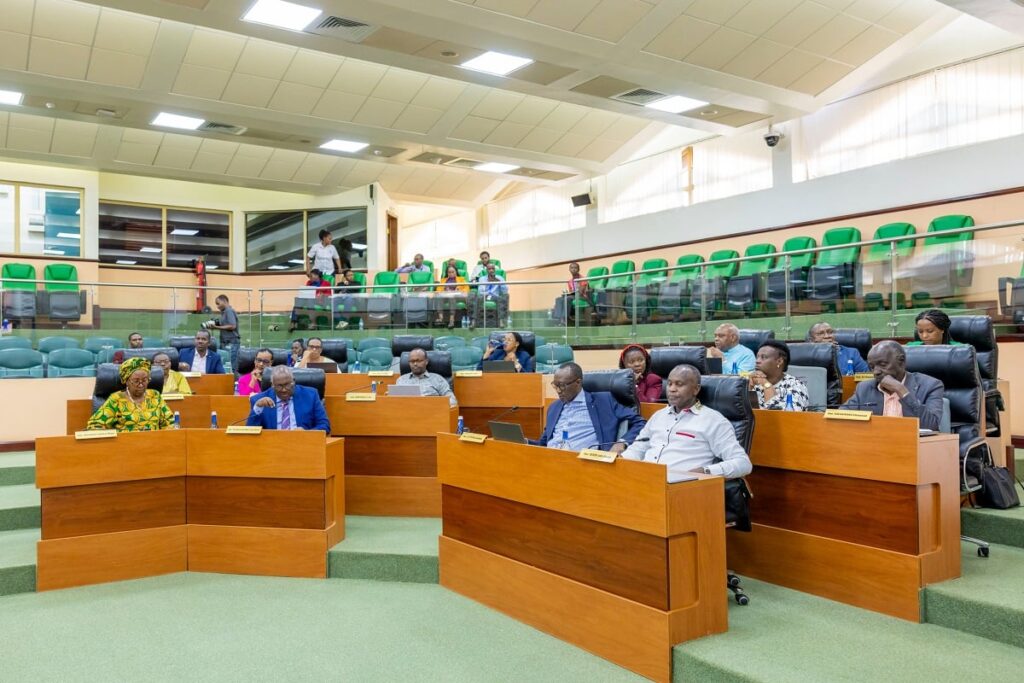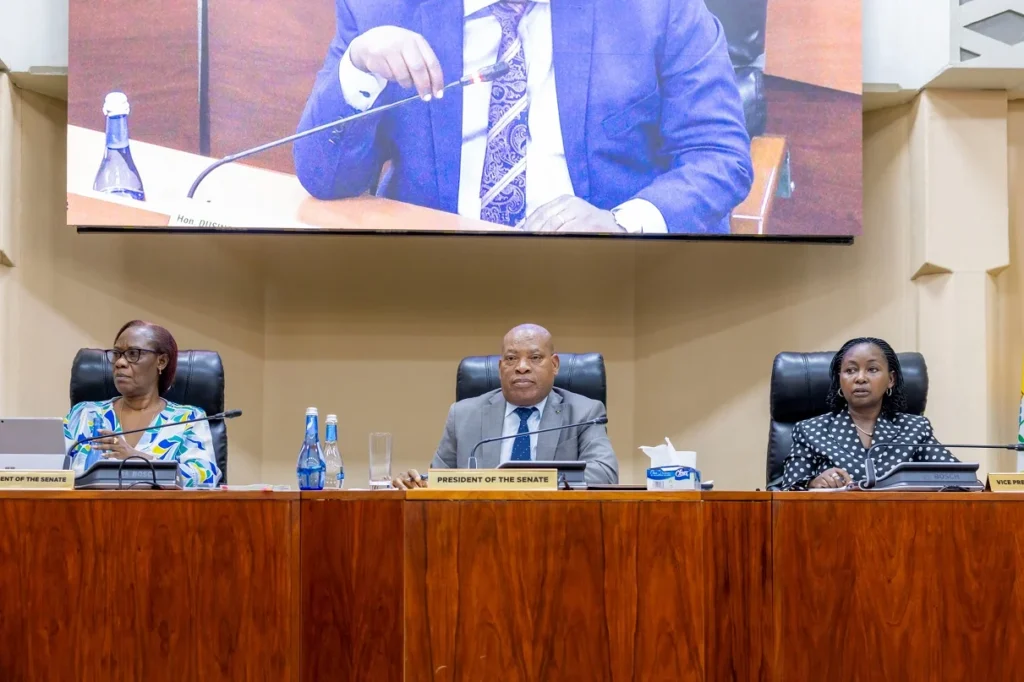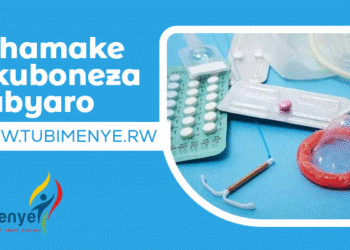In a bid to improve access to healthcare in remote regions, Dr. Sabin Nsanzimana, Rwanda’s Minister of Health, announced that healthcare workers who choose to serve in 82 health centers located in hard-to-reach areas will be offered special incentives.
This announcement was made during a meeting with Rwandan Senators, where the Minister discussed the progress of the country’s health policies and ongoing efforts to strengthen primary healthcare services.

Minister Nsanzimana highlighted a key challenge facing the health sector: nearly 20% of the country’s 1,280 health facilities are not operating effectively due to various issues. These challenges, he emphasized, must be addressed to ensure that every citizen has access to quality healthcare.
“In many remote health centers, access is extremely difficult, whether by car or motorcycle. This often results in significant travel costs for healthcare workers, causing some to avoid working in these areas,” said the Minister. “To address this, we are introducing travel allowances and incentives to support those willing to work in these critical, hard-to-reach locations.”
The Minister also outlined additional measures to improve accessibility for healthcare workers. The Ministry of Health is planning to purchase large vehicles that will transport healthcare workers to and from their workplaces, including those working night shifts.
While some health posts in Rwanda are managed by private operators, many government-run facilities are experiencing staff shortages, particularly in rural areas. Minister Nsanzimana revealed that efforts are underway to address this issue by training and deploying more healthcare professionals. As part of this initiative, 200 newly-trained nurses, having completed their training at the A2 level, have been dispatched to health centers across the country.
“We are committed to increasing both the number and capacity of healthcare workers through our ‘4X4’ program. This will bring essential health services closer to the people and strengthen our fight against epidemics,” the Minister added.
Looking ahead, the Ministry of Health’s five-year strategic plan aims to ensure that 95% of the population receives care at the primary healthcare level. This initiative is expected to improve early diagnosis and treatment, reducing the number of patients requiring care at larger, regional hospitals.
“The number of people receiving services at primary healthcare centers has increased significantly. From over 71,000 patients in 2016/2017, we expect to reach 4 million in 2023/2024,” Minister Nsanzimana said. “However, those who are unable to access services at the primary level often end up overwhelming district hospitals. Our goal is to ensure that these services are available to everyone at the local level.”
In addition to these plans, the Ministry is set to build 100 new primary healthcare centers over the next five years and renovate 420 existing ones.

Senate President Dr. Kalinda François Xavier commended the government’s efforts to decentralize healthcare services, emphasizing the importance of bringing services closer to the people. “Before embarking on national tours, we met with the Minister of Health to assess the current state of primary healthcare services. While there are some challenges with certain health posts, there are already steps being taken to resolve them.”
During their planned visits, the Senate will engage with local communities, visiting at least two health centers in each district. The visits will include discussions with residents and local leaders to better understand the healthcare needs of the population and ensure that health services meet their needs.
With these concerted efforts, Rwanda is taking bold steps toward ensuring equitable access to healthcare for all its citizens, regardless of their location.











